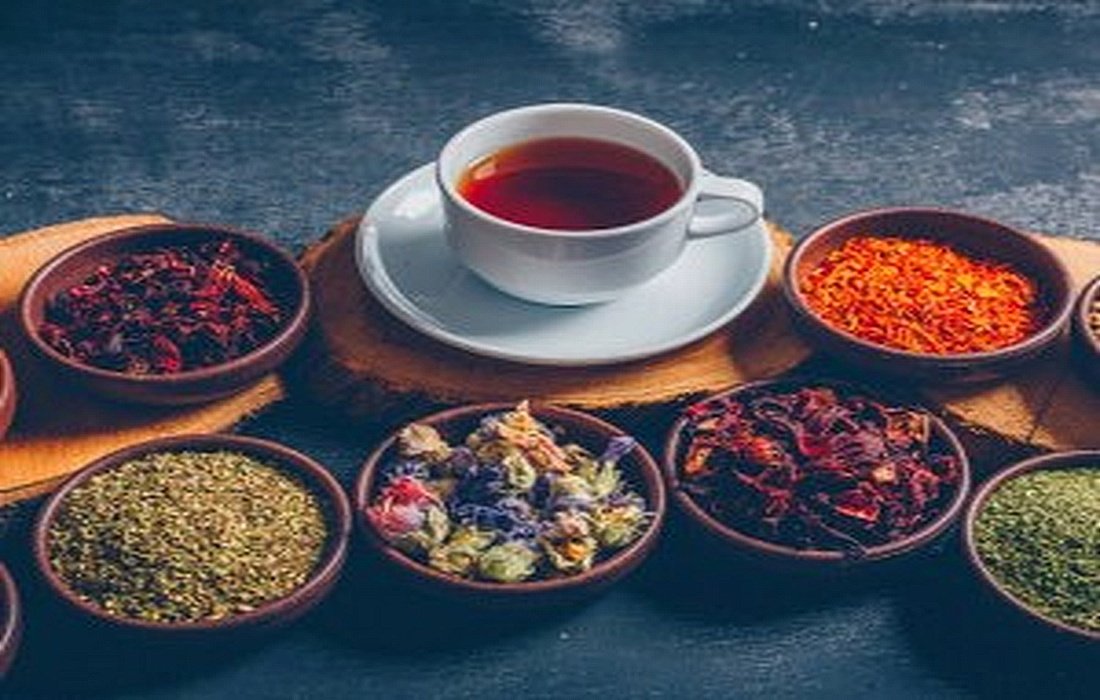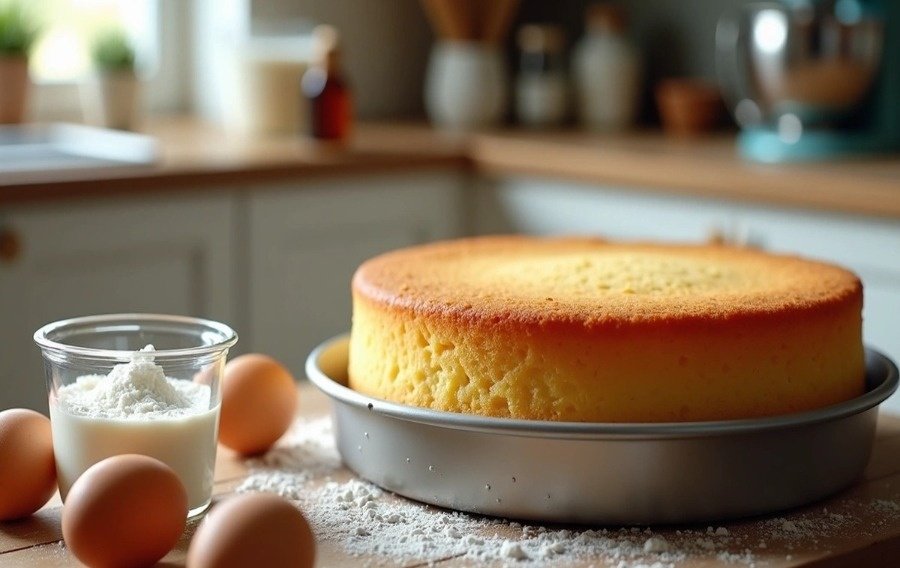BestTeaand herbal teas along with their healing properties
Herbal teasare beneficial and miraculous, easily made at home, allowing you to enjoy their countless benefits. They consist of various flowers, leaves, seeds, roots, stems, and petals of many plants, ensuring that at least once in your life, you’ve had the chance to taste them.
Different types of herbal and tea blends appear in hundreds of varieties; some are common while others are more obscure. Depending on where you live, you may have access to various types. The health benefits of each type of herbal tea depend on its composition, which we’ll explore in this segment on health and wellness.SelMagzWe will discuss them.
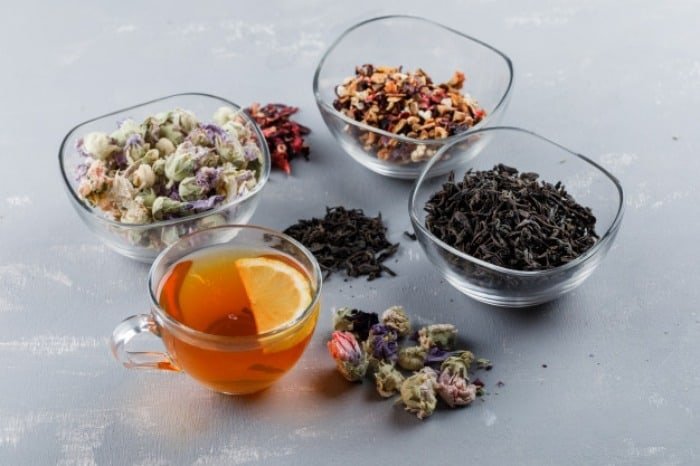
Benefits of Drinking Herbal Teas:
Drinking herbal teas is highly recommended for those looking to enhance their health naturally.Coffeeand standard teas (black, green, etc.) often contain caffeine, whereascaffeineis rarely present.
Most herbal teas provide various antioxidants, vitamins, minerals, and other nutrients to the body, depending on the flowers and plants you choose.
Teafor Nerve and Mental Calm:Common health benefits include relaxation of the body and mind, aiding sleep disorders, pain relief, reducing swelling, protection against common illnesses, strengthening digestion, boosting the body, and stimulating cognitive function.
Diuretic and Laxative Tea:
Diuretics and laxatives help quickly eliminate toxins from the body and relieve pressure on the digestive system, kidneys, and liver. The best diuretic teas include dandelion, hibiscus, green tea,
hawthornand mountain tea.Tea for Boosting Immune System:
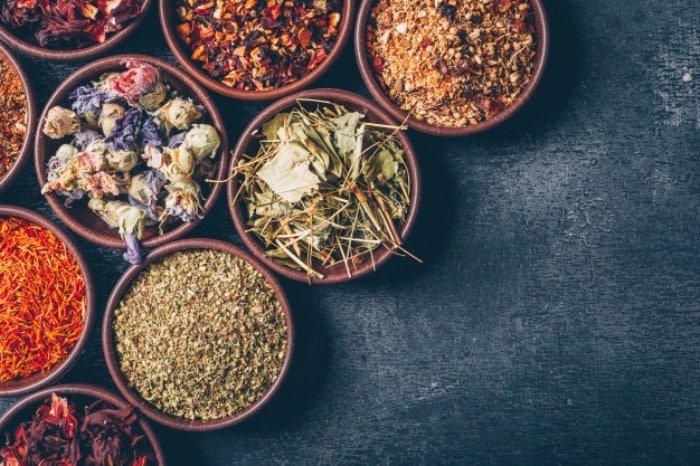
Immunostimulants with antioxidants and vitamins help prevent infections, protect against
oxidative stressand reduce the risk of chronic diseases. Beneficial teas for this purpose includegingerandlicorice rootbenefits.Tea for Reducing Sleep Issues:
Some tea varieties can balance neurotransmitter levels, reduce
anxietyand promote sleep through calming effects. The best teas for sleep issues includevalerian root, kava root,chamomileand lavender.Pain-Relieving Tea Properties:

Pain relief is vital for those suffering from chronic discomfort, illness, surgery, or injury. Herbal pain-relief teas include sweet pepper, bergamot, chamomile, eucalyptus, and various kava root teas.
Tea with Anti-Inflammatory Properties:
Reducing inflammation can help with everything from
stomachand bowel pain toheadachesandhemorrhoids.Herbal teas likemint, ginger,turmericandeucalyptusare excellent for inflammatory issues.Tea for Alleviating Anxiety and Tension:
Reducing stress and anxiety can lead to relief from
depression, increased energy, and diminished inflammation and chronic diseases in the body. Teas that serve this purpose include kava root, valerian root, and chamomile.Tea for Preventing Chronic Diseases:

The antioxidant properties can help remove free radicals and prevent oxidative stress in the body, reducing the risk of cancer and chronic diseases. Herbal teas rich in antioxidants are:
mint, rooibos,thymeand nettle.
Tea that Aids Digestion:
Diarrhea, stomach cramps, bloating, nausea, vomiting, andconstipationcan be alleviated with various teas such as chamomile, cinnamon, mint, and ginger.
Tea for Improving Brain Health:
Preventing oxidative stress in the brain andincreasing focuscan be achieved through rose hip tea, ginger, mint, rooibos, and dandelion tea.
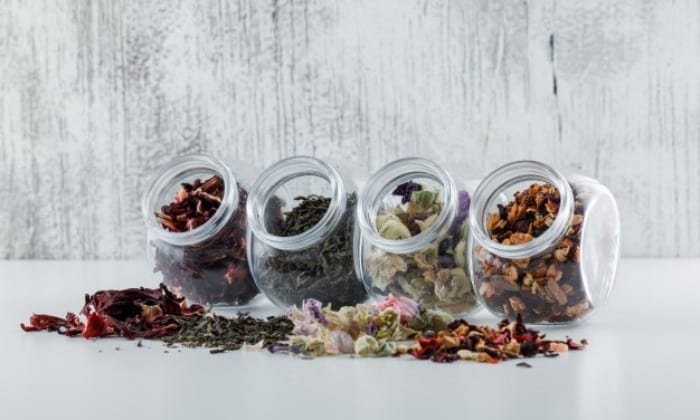
List of Herbal Teas:
There are over a hundred types of herbal teas made with various herbal blends, but some of the most popular, along with their significant benefits, are listed below.
TeaRoman cumin:
An excellent tea for stomach issues, gas, nausea, cramps, cough,coughing,cold.
Hemp Tea:
Suitable for reducing chronic pain, inflammation, anxiety, stress, depression, headaches, and stomach pain.

Echinacea Tea:
Boosts the immune system, protects the skin from infections, and reduces inflammation.
Indian mint tea:
Strengthens the immune system, improves rejuvenation, regulates the body, and helps with sleep disorders.
Chamomile Tea:
Has calming properties, soothes the stomach, and improves symptoms of back pain, inflammation, arthritis,skin irritationandsunburn.Valerian Root Tea:
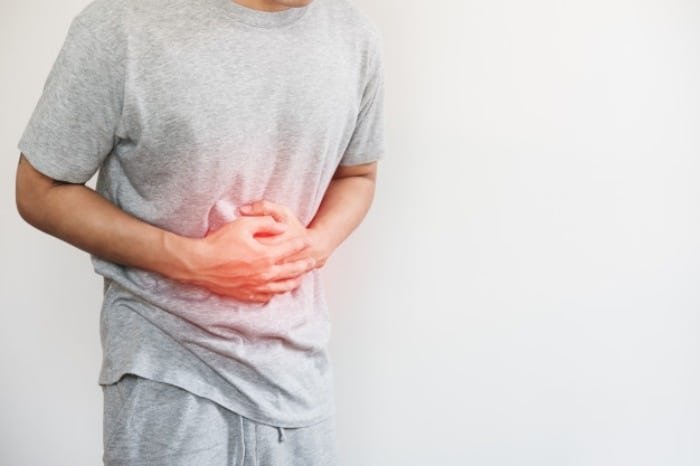
Valerian root has several pain-relieving properties, reduces stress levels and
blood pressureand has anticonvulsant properties.Mint Tea:
Especially useful for relieving muscles, stomach discomfort, indigestion, and excess gas, and stimulating the immune system.
Thyme Tea:
In the health section of SelMagz, you read about how this magical herb is used to reduce fever, treat coughs, and
cold, strengthen immune responses, soothe the stomach, and relieve headaches.Dandelion Tea:

Increases urination and detoxification, helps lower blood pressure, and improves vision issues and
iron deficiency.Kava Root Tea:Reduces stress and anxiety, promotes healthy sleep, calms the mind, and enhances detoxification in the body.
Ginger Root Tea:
Improves
nausea
, prevents chronic diseases, and increases appetite.Rose Hip Fruit Tea:Very beneficial for the immune system, and due to its high

vitamin C
content, it helps purify the body.Turmeric Tea:Its antioxidant activities prevent cancer, relieve inflammation, and promote digestion.
How to Prepare Healthy Herbal Tea? What is the Proper Way to Make Herbal Teas?
Most herbal teas can be made using leaves, roots, seeds, flowers, petals, or stems of various plants in hot water. This releases
nutrients
and active ingredients, resulting in a tasty and nutritious drink.Most complex herbal teas consist of three parts:Active ingredient
Supporting ingredient
- Catalyst ingredient
- The active ingredient should provide the most significant benefit for you, such as immune health or pain relief.
- The supporting ingredient also needs to impact a body system or area, such as anti-inflammatory, calming, or stimulating properties. The catalyst ingredient offers flavor or sweetness to make it pleasant; in other words, many experts recommend combining three active parts, two supporting parts, and one catalyst part.
This creates an excellent balance and ultimately yields improved health results.
Side Effects of Herbal Teas:
Herbal teas can have certain side effects due to the strong impact of active ingredients, potential allergic reactions, incorrect plant identity, overdose, and drug interactions; we will also look into the side effects of herbal teas after discussing their benefits in the health section of SelMagz.
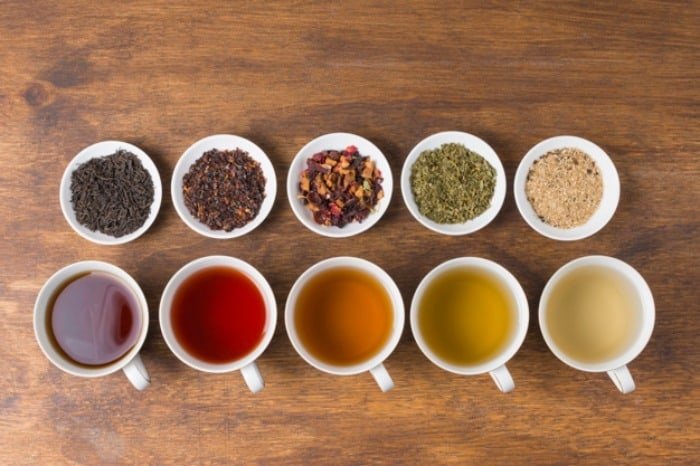
Poisonous Plants: While most plants are safe for human consumption, poisonous plants may accidentally be included in safe compositions.
Allergies to Herbal Teas cover a wide range of plant species and families, meaning many potential allergic reactions may occur.
Allergic reactions can vary from
diarrhea
or inflammation, respiratory issues, vomiting, fever, skin irritation, and other serious symptoms.Moderate Use:Plants are used for their raw materials and active chemicals; in small quantities, they are generally safe, but overdoses can lead to toxicity and negative side effects. In most cases, a small amount of tea (1 to 2 cups a day) is enough to enjoy its health benefits.

Herbal Teas and Drug Interactions:
If you are currently taking medication, it’s best to consult your doctor before consuming herbal teas.
Benefits of tea
Therapeutic tea



